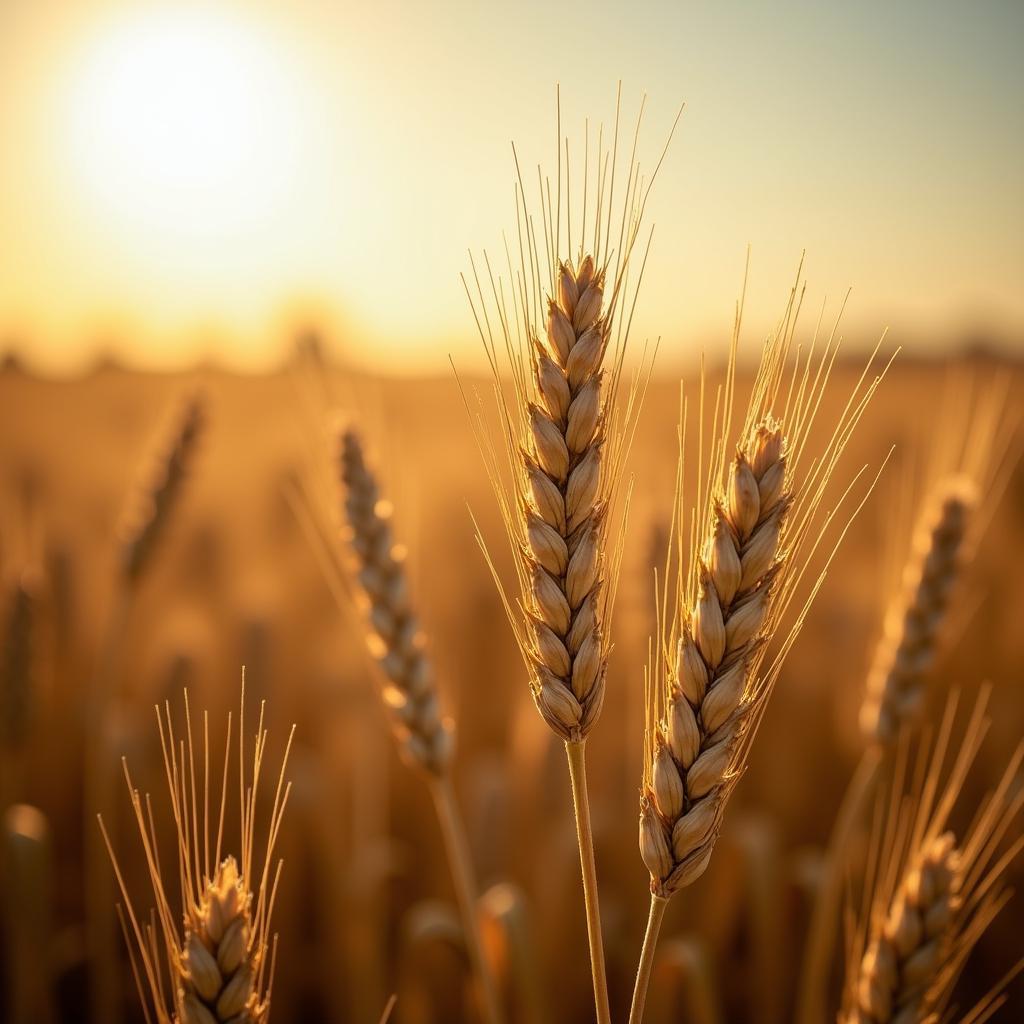The IELTS Reading section is one of the critical components of the IELTS examination. This section evaluates your ability to understand and interpret academic texts. One common topic that frequently appears in the IELTS Reading section is the effects of climate change on global food security. Given the increasing relevance and urgency of climate change issues, it is highly probable that this subject will appear in future IELTS exams. This article will guide you through a well-structured reading practice on this topic, complete with questions and answers.
Reading Passage
The Impact of Climate Change on Global Food Security
Climate change poses a significant threat to global food security, affecting the availability, access, utilization, and stability of food systems worldwide. Changes in temperature, precipitation patterns, and extreme weather events impact agricultural productivity, while also influencing the socio-economic conditions that underpin food security.
Firstly, temperature increases can reduce crop yields. For instance, wheat production is highly sensitive to temperature changes, with studies projecting a 6% decline in global wheat yields for every 1°C rise above the optimum growing temperature. Additionally, higher temperatures lead to increased evaporation and reduced soil moisture, impacting water availability for irrigation.

Moreover, altered precipitation patterns can lead to both droughts and floods. Droughts diminish water resources, crucial for irrigation, while floods can destroy crops and infrastructure. A notable example is the 2011 drought in the Horn of Africa, which exacerbated food insecurity and led to severe humanitarian crises.
Extreme weather events such as hurricanes and typhoons also disrupt food security. Such events can devastate agricultural areas, leading to immediate food shortages and long-term economic hardships. Typhoon Haiyan, which struck the Philippines in 2013, resulted in massive agricultural damage and left millions in need of emergency food assistance.
Climate change’s impact extends beyond crops to livestock as well. Heat stress reduces livestock productivity and increases vulnerability to diseases. Consequently, regions heavily dependent on livestock, such as sub-Saharan Africa, face heightened food insecurity risks.
Lastly, food supply chains are affected. Transportation disruptions, storage losses due to extreme temperatures, and market volatility make it harder for food to reach consumers, especially in vulnerable regions.
Addressing these impacts requires a multifaceted approach. Sustainable agricultural practices, climate-resilient crop varieties, and improved water management can enhance food security. International cooperation is also vital in supporting vulnerable areas through technological transfer and financial aid.
Questions
Multiple Choice
- According to the passage, what is one effect of temperature increases on crops?
- A. Improved soil moisture
- B. Increased evaporation
- C. Enhanced crop yields
- D. Decreased crop resilience
- How did the 2011 drought in the Horn of Africa affect food security?
- A. It improved agricultural productivity.
- B. It led to a surplus of food.
- C. It exacerbated food insecurity.
- D. It had no significant impact.
True/False/Not Given
- The passage states that higher temperatures decrease water availability for irrigation. (True/False/Not Given)
- Typhoon Haiyan only affected urban areas in the Philippines. (True/False/Not Given)
Matching Headings
Match the following headings to the appropriate paragraph from the passage:
- Impact on Livestock
- Role of International Cooperation
- Changing Precipitation Patterns
Answers
Multiple Choice
- B. Increased evaporation
- C. It exacerbated food insecurity.
True/False/Not Given
- True
- False
Matching Headings
- Impact on Livestock – Paragraph 4
- Role of International Cooperation – Paragraph 6
- Changing Precipitation Patterns – Paragraph 2
Common Mistakes and Tips
Common Mistakes
- Misinterpreting Data: When interpreting data on climate change and its impacts, ensure you understand the correlation between temperature changes and crop yields.
- Overlooking Context: Do not ignore the context in which information is presented. For instance, the implications of temperature rises might be different for various regions and crops.
Useful Vocabulary and Phrases
- Food Security: [[noun] – /fuːd sɪˈkjʊərɪti/] The state of having reliable access to a sufficient quantity of affordable, nutritious food.
- Evaporation: [[noun] – /ɪˌvæpəˈreɪʃn/] The process of turning from liquid into vapor.
- Precipitation: [[noun] – /prɪˌsɪpɪˈteɪʃn/] Any form of water – liquid or solid – falling from the sky.
Notable Grammar Structures
- Impact Phrasing: Example – “Climate change poses a significant threat…”
- Cause and Effect: Example – “Higher temperatures lead to increased evaporation…”
Conclusion
Climate change and its impacts on global food security is a significant topic for IELTS Reading. By familiarizing yourself with this topic and practicing with realistic reading passages and questions, you can enhance your ability to tackle similar texts in the exam. Remember to focus on understanding the passage’s primary points, and always look for contextual clues to answer questions accurately.
Related Articles
To further enrich your understanding and preparation, consider exploring these related articles:
- How is Climate Change Affecting Global Food Security?
- The Role of Sustainable Agriculture in Food Security
By consistently practicing and broadening your understanding of these topics, you’ll be well-prepared for the IELTS Reading section. Good luck!